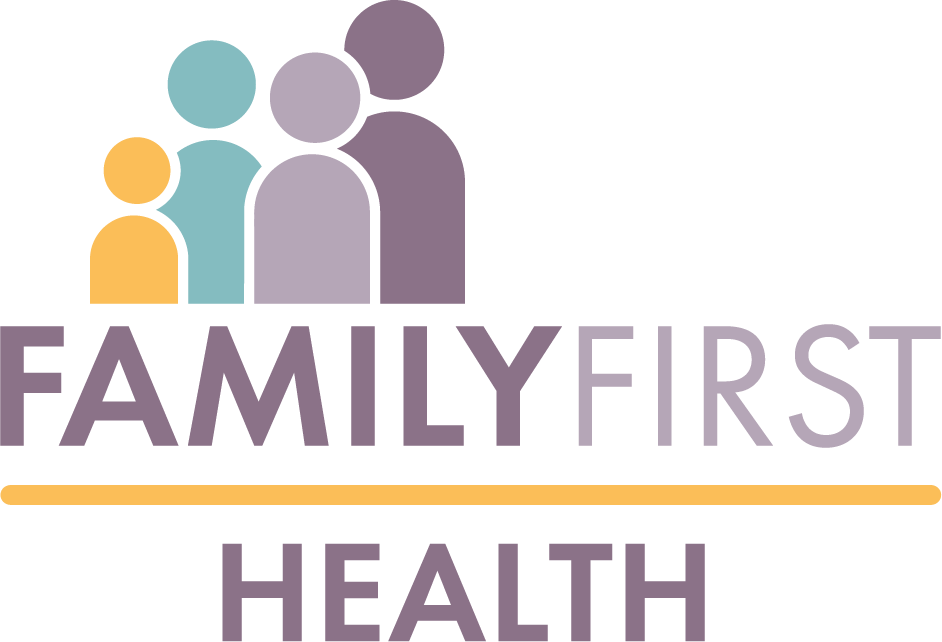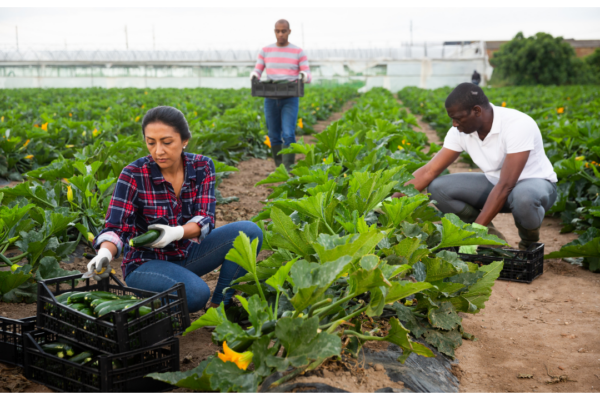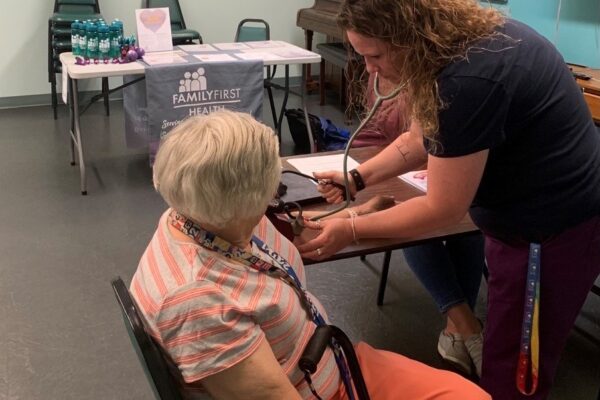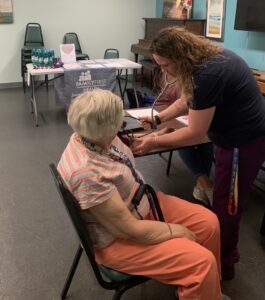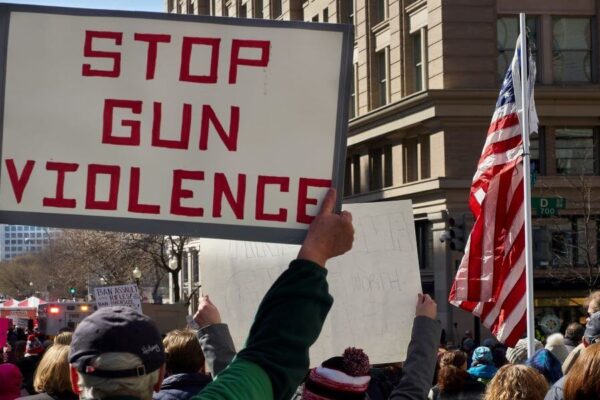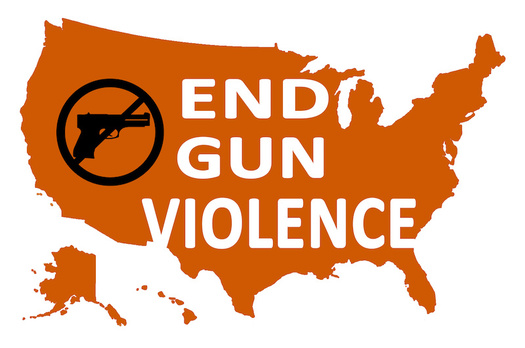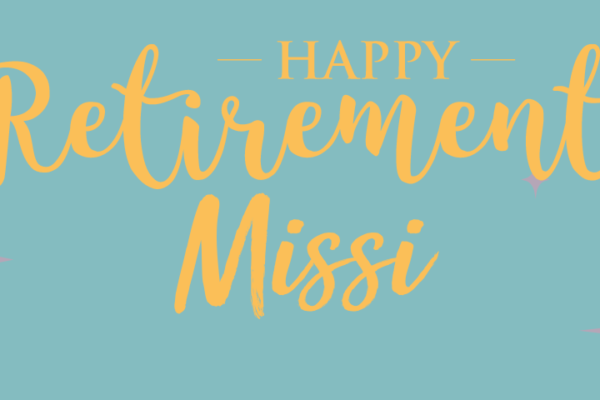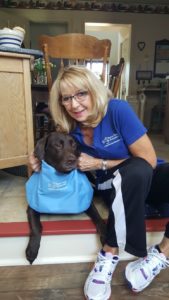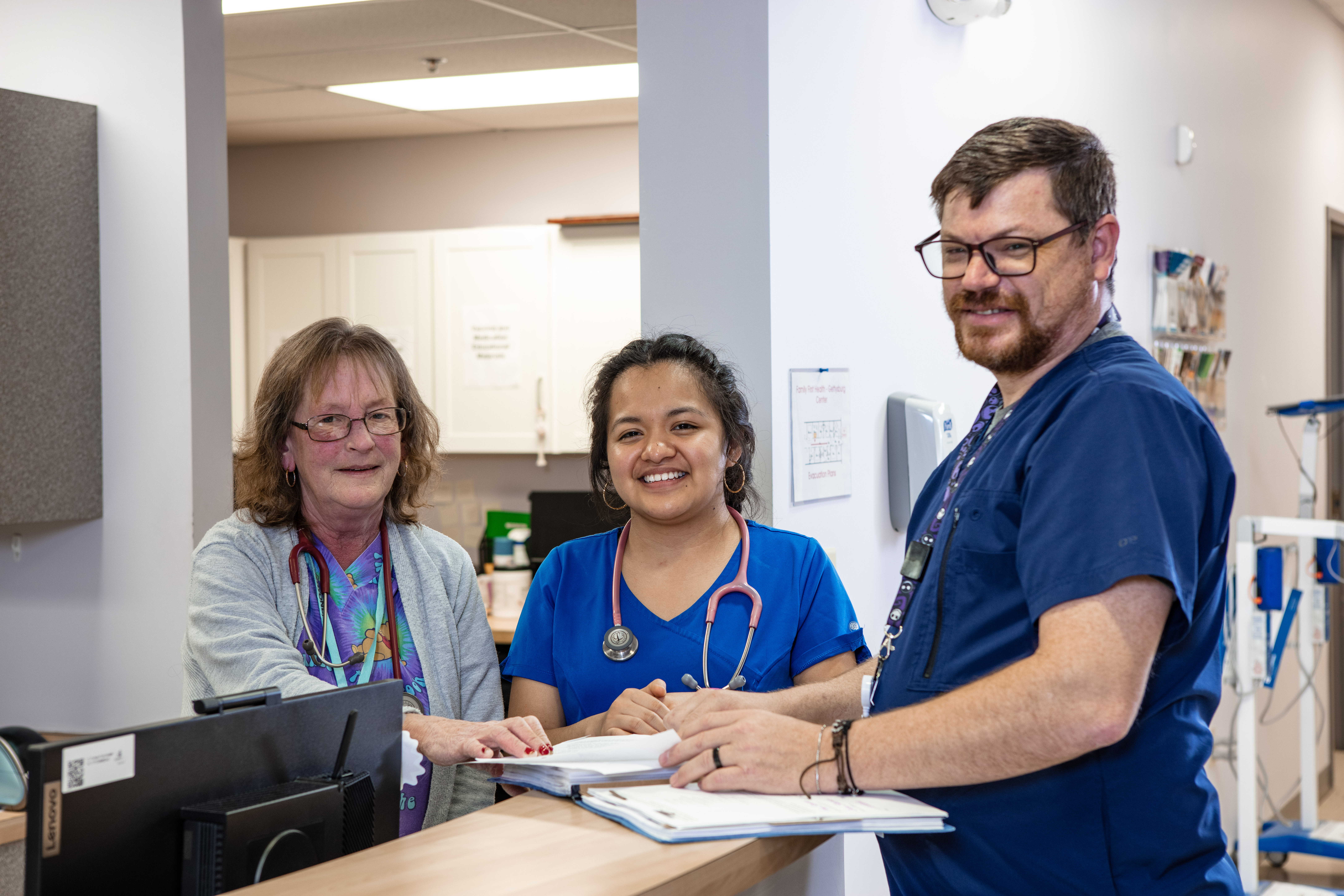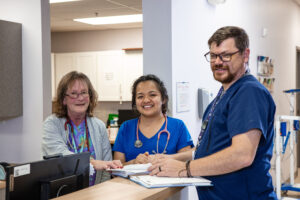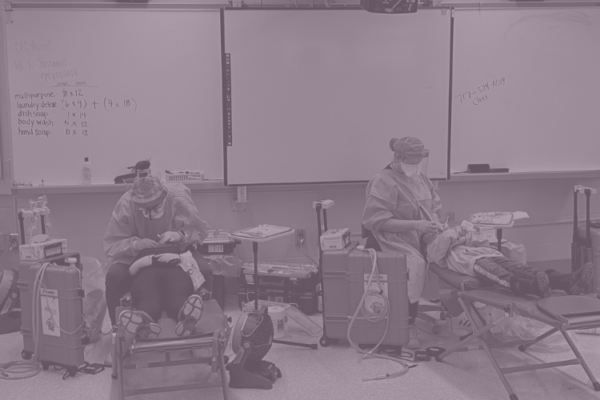Hispanic Heritage Month is a time to celebrate and recognize the many contributions of individuals of Hispanic Heritage. At Family First Health, we are excited to shine a light on some of our Hispanic team members who contribute to our work and community every day.
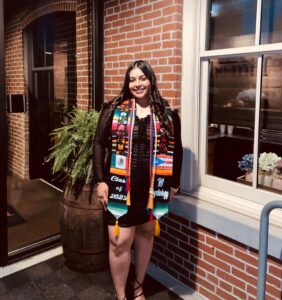
Today’s spotlight is on Katherine Alejandrez, who is a Community Health Worker on our Community Health Programs team. Katherine has been on the Family First Health team for almost 3 years. Read more to learn about Katherine’s Hispanic Heritage, and how her heritage influences her work.
Site: George Street
From what country do you or your family originate?
My father is from Mexico and my mother is from Puerto Rico.
What does your heritage and Hispanic Heritage Month mean to you?
Hispanic Heritage Month means a time of reflection, a time of thanks, and a time to cherish the sacrifices that were made. It also means to honor the contributions that us Latinos and Hispanics make to our communities and American culture. It also allows me to recognize those who have molded me into the woman I am today.
How does your heritage influence the work you do?
My heritage influences the work that I do because it motivates me to always push myself and continue to grow. It reminds me how blessed I am to be in the position that I am in today and guides me in wanting to help others more. It also helps me connect with my patients because we can share similar experiences.
What are some of your favorite family and/or cultural traditions?
One of my favorite cultural traditions is the fiestas, we love to celebrate everything!! I love our food, our dances, and the fact that we are very family oriented. I love being Mexican and Puerto Rican, I get the best of both worlds!
What is something you wish others knew about Hispanic Heritage?
I wish others knew that not all Hispanics are the same. We do not all share the same traditions, values, or beliefs.
